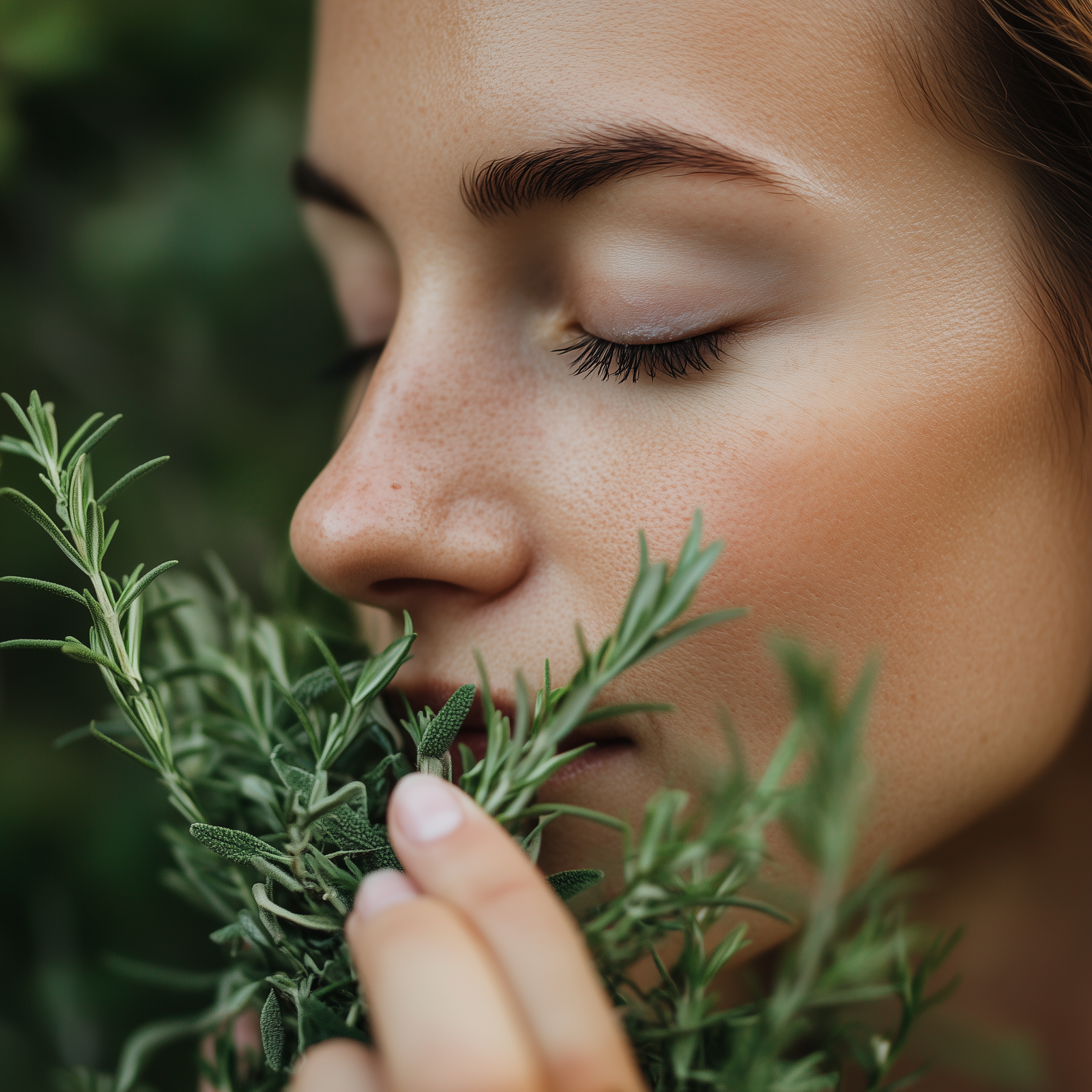In today’s fast-paced world, stress has become an almost unavoidable part of daily life. However, nature offers numerous ways to combat this challenge. Herbs known for their calming properties provide a natural way to reduce stress and restore inner balance.
In this article, we explore some of the most effective stress-relieving herbs and how to incorporate them into your daily routine.
1. Lavender (Lavandula angustifolia)
Lavender is perhaps the most well-known herb for stress reduction. Its distinctive aroma has a calming effect on the nervous system, reducing anxiety and promoting better sleep.
How to Use:
- Add a few drops of lavender essential oil to a diffuser for aromatherapy.
- Brew tea from dried lavender flowers.
- Use a lavender-infused pillow to relax at night.
2. Chamomile (Matricaria chamomilla)
Chamomile is renowned for its gentle sedative properties, which help calm the nervous system. It’s particularly effective for addressing insomnia and mild anxiety.
How to Use:
- Prepare tea from dried chamomile flowers.
- Add a few drops of chamomile oil to a warm bath for relaxation.
- Use creams or lotions with chamomile extract to soothe both skin and mind.
3. Ashwagandha (Withania somnifera)
This ancient Ayurvedic herb is known as an adaptogen, meaning it helps the body adapt to stress. Ashwagandha reduces cortisol, the stress hormone, and increases resilience to both physical and mental challenges.
How to Use:
- Take it as a dietary supplement in powder or capsule form.
- Add ashwagandha powder to a smoothie or milk.
4. Lemon Balm (Melissa officinalis)
Lemon balm naturally relaxes the mind, reduces stress, and enhances mood. Its mild and pleasant taste makes it an excellent choice for evening tea.
How to Use:
- Brew tea from fresh or dried lemon balm leaves.
- Use lemon balm essential oil for massages or aromatherapy.
5. Valerian Root (Valeriana officinalis)
Valerian is known for its strong sedative properties and is often used to reduce tension and improve sleep quality. Due to its potency, it should be used in moderation.
How to Use:
- Brew tea from valerian root (be prepared for its distinct aroma).
- Take valerian as a dietary supplement in capsule form.
6. St. John’s Wort (Hypericum perforatum)
St. John’s Wort is a herb widely recognized for its benefits in alleviating mild to moderate symptoms of depression and anxiety. It works by increasing serotonin, the “happiness hormone.”
How to Use:
- Consume it as tea or tincture.
- Take it in supplement form (consult a doctor first, as it can interact with certain medications).
7. Holy Basil (Ocimum sanctum, or Tulsi)
Tulsi, also known as “holy basil,” is an adaptogen that supports stress relief, boosts the immune system, and promotes overall well-being.
How to Use:
- Brew tea from fresh or dried tulsi leaves.
- Add tulsi leaves to your daily diet as a flavorful herb.
8. Rosemary (Rosmarinus officinalis)
Rosemary is not just a flavorful herb but also has calming properties. Its aroma enhances focus and reduces stress.
How to Use:
- Brew tea from rosemary leaves.
- Use rosemary essential oil for massages or in a diffuser.
Consult a Doctor First
While these herbs offer many stress-relieving benefits, it’s crucial to tailor their use to your individual health needs. Always consult a healthcare professional if you’re taking medications or have specific health conditions to avoid potential interactions or adverse effects.
Nature is a powerful ally in preserving our well-being. Use it wisely and responsibly to achieve balance for both body and mind. 





